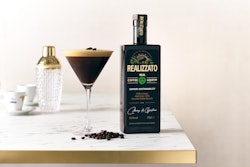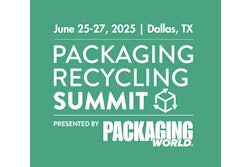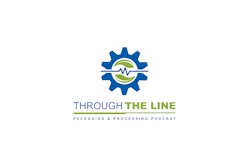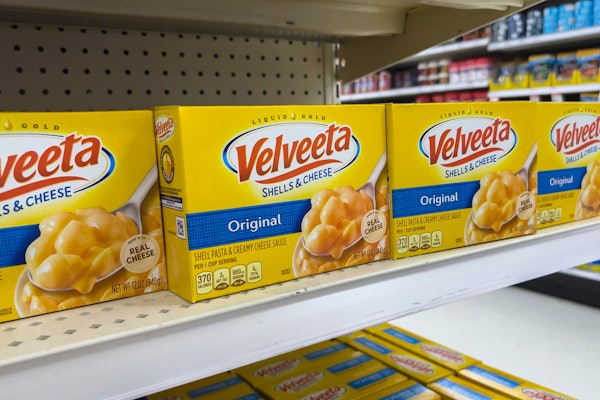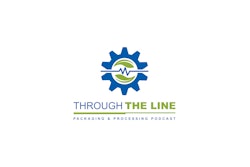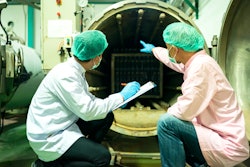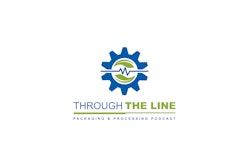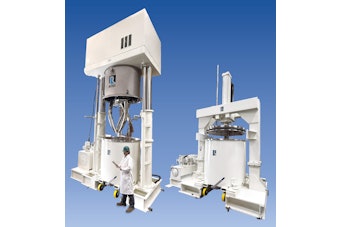Derrick Teal: You have tons of product or potential source material for you to use. How have you gone about acquiring that? Like, have you made agreements with different businesses in the area or, how have you gone about acquiring that?
Rob Murray: We've got a partnership in the U.K. with a local waste collector. We call them a waste transfer company, called Recorra. They have got a bespoke coffee ground collection, if you think of it that way. So all the coffee shops in the local area. So I mean, our main, we've put our product launch in Brighton and all the coffee grounds which are being used currently are from the Brighton area and Kent and Sussex between Surrey, and bits of London as well.
So we've got that. We have had conversations with a, I can't say the name. So the one of the major places in the U.K., for a better phrase, and they are very keen because they themselves have made a commitment that they want to find a purpose for all of the coffee ground that they produce. Which is great because then you know, it means that they're saving the waste, we're able to produce more. We can make it with ease, as in making sure it comes here.
And then it does come to the issue of the processing of course, and making sure that we have no foreign matter in there. And so having to have designed sieving machinery was an interesting task. Because it's amazing, when you're looking at sort of the laboratory sites things when they're done in test samples, it's all very easy. But as suddenly when you get in, you know, we have collapsible bulk containers which then open up for when the coffee ground go in and, and you know, you've got a tonne being delivered in each one of those. And then suddenly you start realizing the problem, 'oh there's a coffee filter there, oh what's there?' So it has to come out.
I mean, sterilization's easy enough because of what we do as part of our pretreatment process, but it was still the sieving out of the matter. And we didn't see it coming, I must admit.


